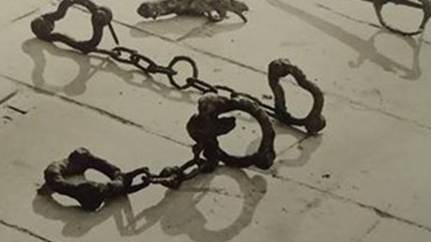Call for Convict Research Volunteers
University of New England (UNE) with its long-standing profile in Australia’s colonial history is seeking volunteer researchers and indexers for their Convict Indents project.
The renowned historian, David Kent of the UNE, famously described convicts sent to the Australian colonies as “the best documented working-class citizens of the nineteenth-century British empire”. In order to trace each individual’s progress through the course of their sentence, the authorities relied on a bureaucratic system of record keeping, recording critical details on their appearance, behaviour and employment of each convict.
In an open-air prison, this paperwork was the key means of monitoring and controlling the criminal population. The foundation stone of this ‘paper panopticon’ were the Indentures (‘Indents’) – key lists assembled as part of the process of legally assigning convict labour over to the Governor of New South Wales. Compiled on arrival in Sydney, as convicts were unloaded from each ship, the indents identify each individual according to a standard set of criteria, beginning with date and place of trial, and length of sentence.
Further details (the range of criteria expanded in later years) included physical descriptions – height, hair colour, eye colour, and notable physical attributes or body markings (such as scars or tattoos). These were the primary lists upon which every convict was thereafter traced, all subsequent records referring back to the indents. As such, these records are the basis of much of the genealogical and criminological research conducted into Australia’s colonial past.
The transcription of the New South Wales Convict Indents is intended to facilitate a range of research and teaching projects at the University of New England, including the delivery of UNE’s landmark Bachelor of Historical Inquiry and Practice, a degree which features subjects in the history and archaeology of convict Australia.”
For more details for volunteer researchers and indexers, contact Professor David Roberts UNE Email: drobert9@une.edu.au
Image: Josephine Foster Collection SLNSW, Convict Irons unearthed in 1901 at Devonshire Street Cemetery Sydney.


